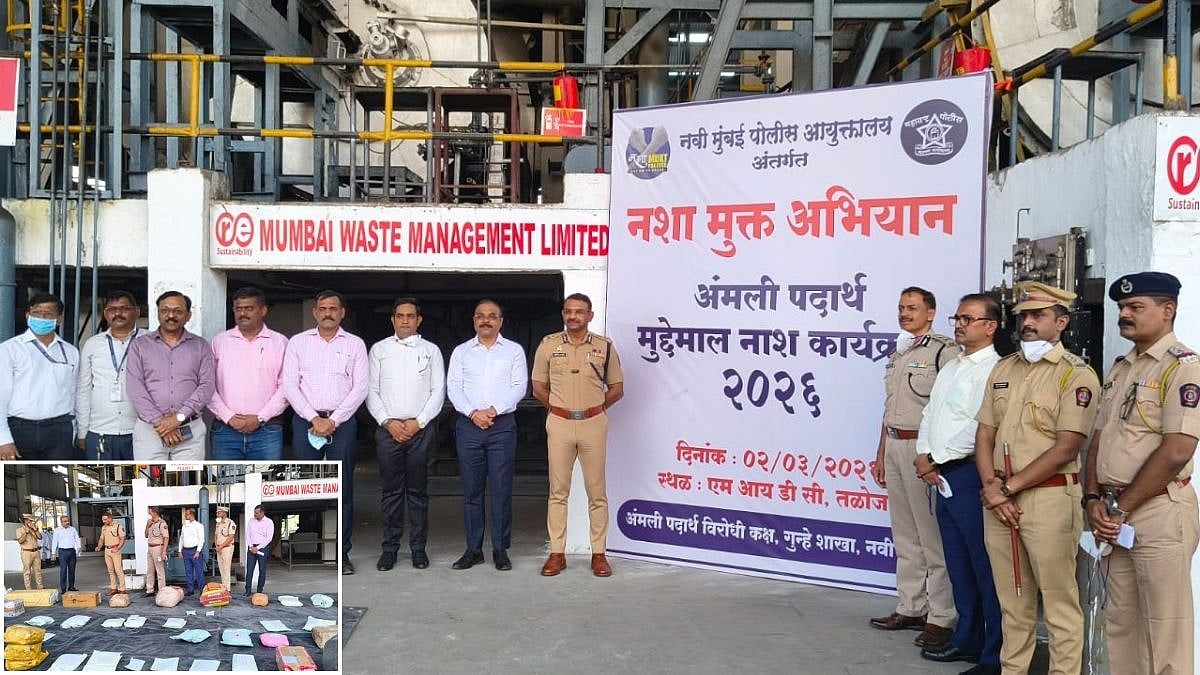Over 85 per cent school students are utilising AI tools like ChatGPT for career guidance while at least 40 per cent of them have never interacted with a career counsellor, according to a report.
The 2024 Annual Student Quest Survey, a comprehensive study exploring the transformative trends in career and college counselling, was conducted by IC3 Institute and FLAME University.
With responses from over 2,200 students from class 9 to 12 and 35,656 counsellors spanning 56 countries, the survey report has provided essential data aimed at bridging the gaps in existing counselling practices and enhancing support for students navigating their futures.
"Over 85 pc of students are utilising AI tools like ChatGPT for career guidance. In India, 62 pc of counsellors are using AI tools in their work, with 74 pc believing these tools can enhance and automate the counselling process. Moreover, 73 pc of Indian counsellors reported that AI tools have contributed to a reduction in their workload, particularly in handling administrative tasks.
"Among students, 83 pc have access to AI tools, which are used for tasks such as essay writing, career research and university selection," the report said.
The IC3 Institute is a volunteer-based organisation that provides support to high schools around the world through guidance and training resources for their administrators, teachers and counsellors to help establish and maintain robust career and college counselling departments.
"In India, 68 pc of students report having access to counselling services, while 25 pc do not, and 7 pc lack formal or structured counselling support. The findings also reveal that 48 pc of students are concerned with lengthy application processes, while 38 pc highlight a lack of personalized feedback.
"This advocates for more efficient student-centred application procedures that prioritize timely support and tailored guidance," the report said.
In India, counsellors face several unique challenges, including managing parental expectations (26 per cent), lack of planning by students (24 per cent), high student-to-counsellor ratios (18 per cent) and a lack of technical training (16 per cent). Additionally, 67 per cent of Indian counsellors have additional responsibilities, such as teaching and administrative tasks, which may limit their ability to provide focused counselling services.
The report noted that parents play a pivotal role in shaping students' career paths globally and in India, 73 per cent of students begin discussing career choices with their parents between the ages 10 to 14.
"The findings highlight the need for counselling in every school to help students gain clarity on their academic and career paths, ultimately reducing stress and anxiety. By integrating structured career counselling services, personalized guidance and the use of technology, we can better support students in navigating their educational and professional journeys, promoting both their personal growth and long-term success," said Ganesh Kohli, founder of the IC3 Movement.
The International Career and College Counselling (IC3) Movement is a global initiative committed to transforming career and college counselling within educational institutions worldwide.
"It is quintessential that students' career-related needs are congruent with the career counselling approach. Counselling means a journey from more confusion to less confusion. It means guiding students to choose a career path based on their passion, purpose, aptitude and competencies," said Shalaka Shah, Assistant Professor of Psychology at FLAME University, Pune.





